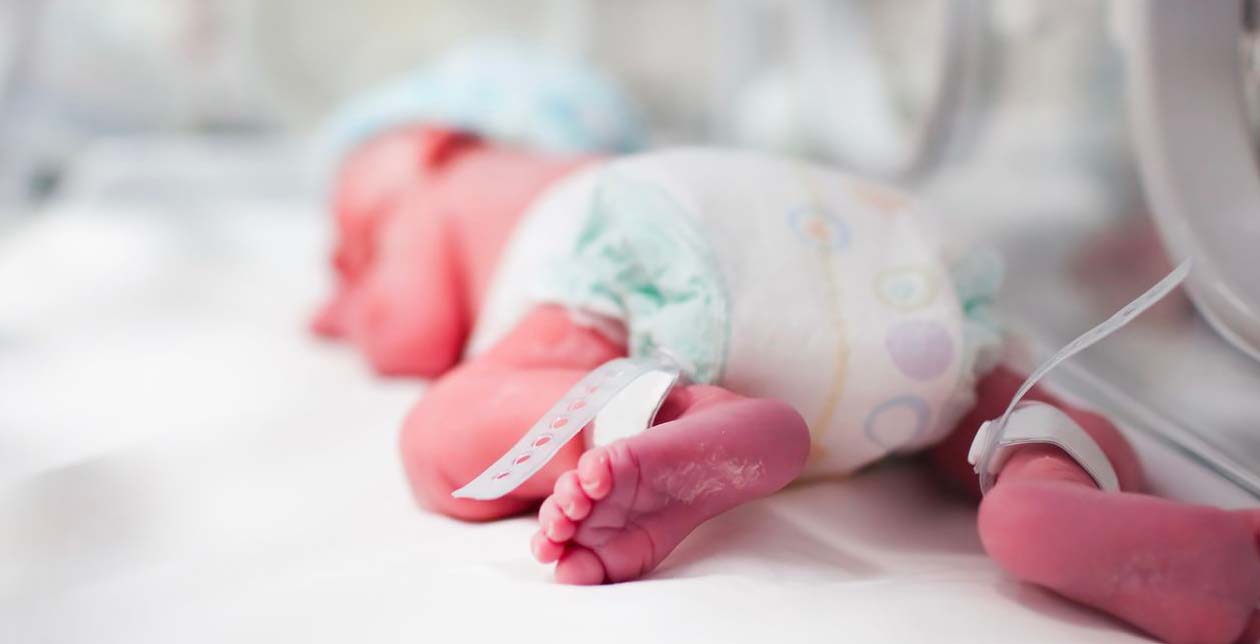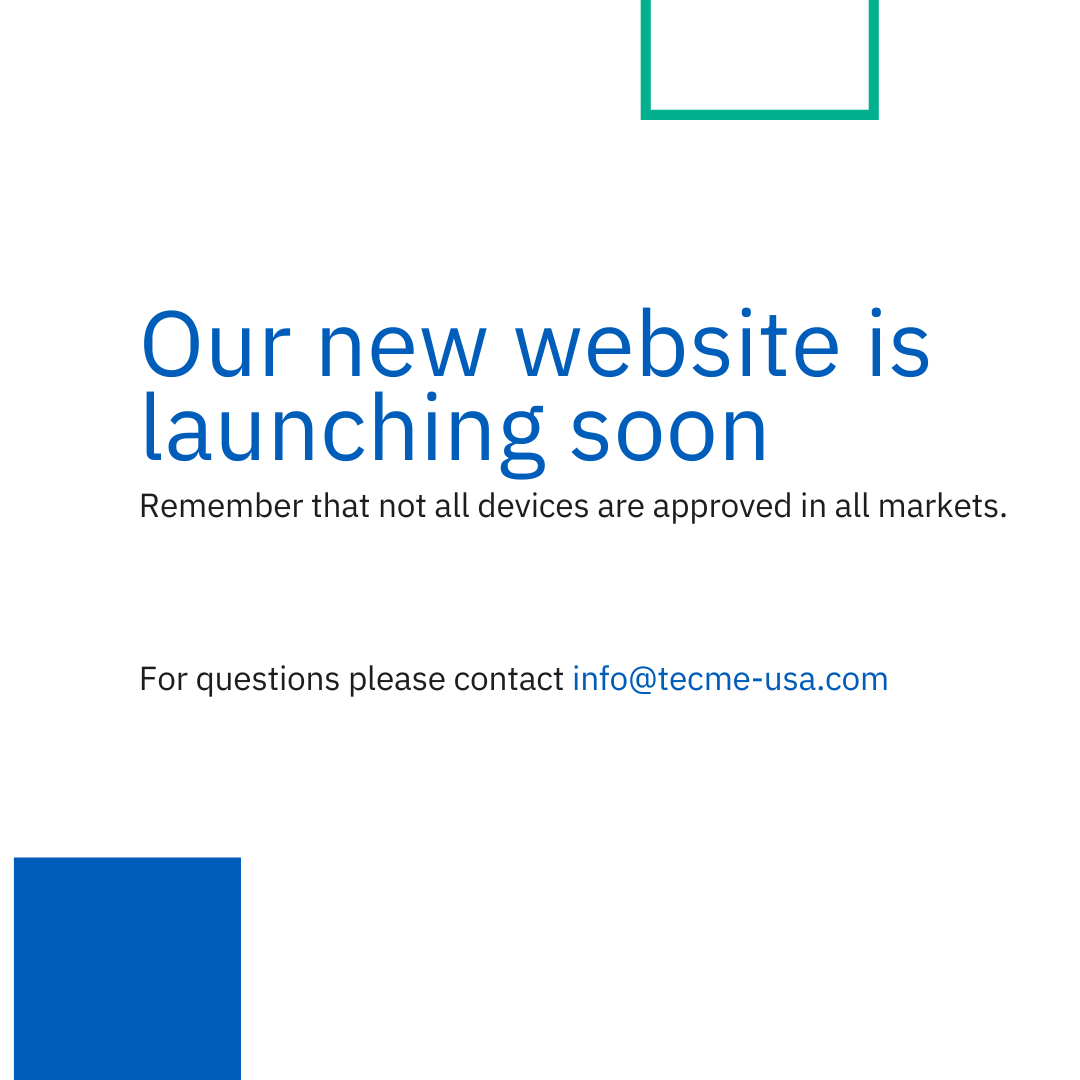World prematurity week is celebrated from November 15th through 21st and is the occasion to raise awareness on the challenges and burdens of preterm birth globally, which remains the leading cause of death of infants under the age of five.
World prematurity day is on November 17th, and the purpose is to shine a light on the high risk of mortality of preterm birth (babies born alive before 37 weeks of pregnancy). In the last years, this celebration has extended to a whole week to bring more attention and visibility to the issue. It is intended not only to prevent, but also help children and their families overcome these circumstances successfully.
Babies who are born too soon can undergo more health issues compared to the ones born on time and they can face long term difficulties affecting the brain, lungs, hearing and sight. One of the most critical problems these babies encounter is: breathing. A key breakthrough in the field of medicine has been the development of mechanical ventilators that are exclusively dedicated to neonates.
Based on these circumstances, Tecme first developed the Neumovent Bebe, which was the company’s first specific device for neonatology in the early ‘90s. Nowadays, the Neumovent neo has played a crucial role in the NICUs around the world and has been used to ventilate premature babies with very low body weights, often times lower than 400 grams.
Due to the unique anatomical and physiological characteristics of neonates, they require very small tidal volumes and a very high respiratory rate. This makes having ventilators that are capable of accurately detecting the signals sent by preterm babies particularly significant. This is key especially in preterm babies with body weights under 1 kg since they need ventilatory support and minimum tidal volumes, from 2 to 5 ml.
Having a ventilator specifically designed for neonatal ventilation implies that these devices are meant to be used exclusively by Neonatal Intensive Care Unit medical staff. This results in better and more detailed knowledge in terms of ventilator operation and application, which leads to a reduction of possible use errors and safer ventilation.
This is our contribution to health care personnel who are responsible for premature babies’ health care, and whose commitment we appreciate and thank deeply. On this day, we would like to give our warmest regards to them and to all the families of preterm babies, who overcome these challenges so courageously.
It is our commitment to continue working to contribute with advanced ventilatory tools and devices and creating awareness on the increasing challenges of preterm birth.
We are committed to supporting the lives of preterm babies since their first breath.

